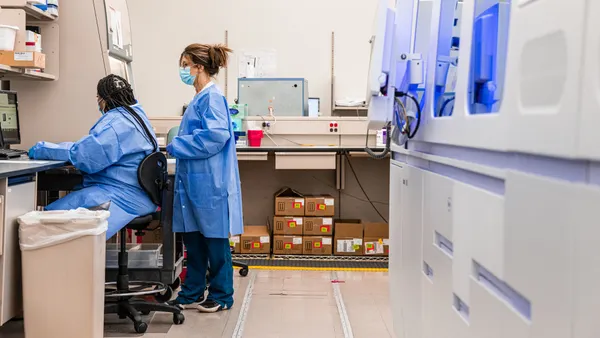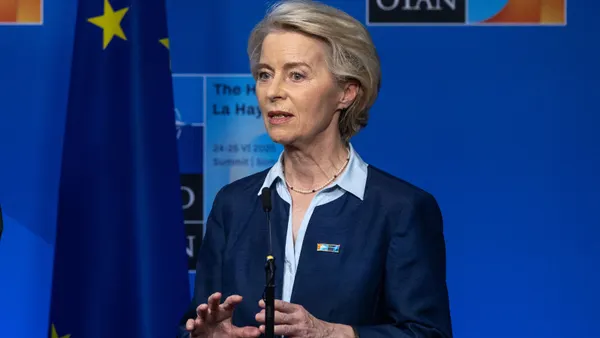Dive Brief:
- Owens & Minor said Thursday it has terminated the planned $1.36 billion acquisition of home medical equipment company Rotech Healthcare Holdings.
- The companies mutually agreed to terminate the deal after getting regulatory clearance “proved unviable in terms of time, expense and opportunity,” Owens & Minor CEO Edward Pesicka said in a statement.
- Owens & Minor originally aimed to close the takeover by the end of last year. However, the deal was held up by the Federal Trade Commission’s review.
Dive Insight:
Owens & Minor and Rotech announced the acquisition in July 2024. Having set the goal of almost doubling patient direct sales by 2028, Owens & Minor moved to boost its position in areas including respiratory and sleep apnea products by acquiring Rotech. Privately owned Rotech reported $750 million in net revenue in 2023.
The closing date was delayed by an FTC investigation. Owens & Minor and Rotech entered into a timing agreement with the FTC that gave the federal agency until June 10 to complete its review of the deal. Days from the deadline, Owens & Minor and Rotech terminated the takeover agreement.
Pesicka said the merger would have provided “ample benefits to patients, payors, and providers.” Yet, the “path to obtain regulatory clearance” proved unviable, the CEO said, driving the companies to drop the merger.
Owens & Minor paid Rotech $80 million in conjunction with the termination. The company previously said the deal included a $70 million termination fee. The $80 million termination payment brings Owens & Minor’s spending on the deal above $100 million. Acquisition-related costs totaled $22 million in 2024 and $16 million in the first quarter of 2025.
The termination closed off an avenue to Owens & Minor’s 2028 patient direct sales target but investors reacted positively to the news. Shares in Owens & Minor jumped 14% to close at $7.61 on Thursday.
Rotech’s revenue fell almost 4% to $725.8 million last year. Asked about the results on an earnings call with analysts last month, Owens & Minor CFO Jonathan Leon said the declines “were largely anticipated and largely resulted from a lot of COVID-era benefit that the industry got to realize that fell off in early 2024.”













